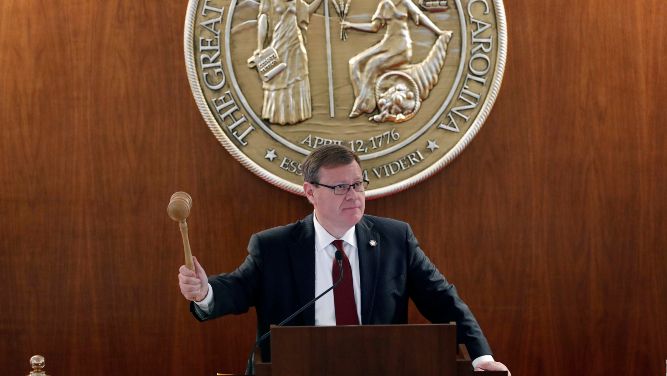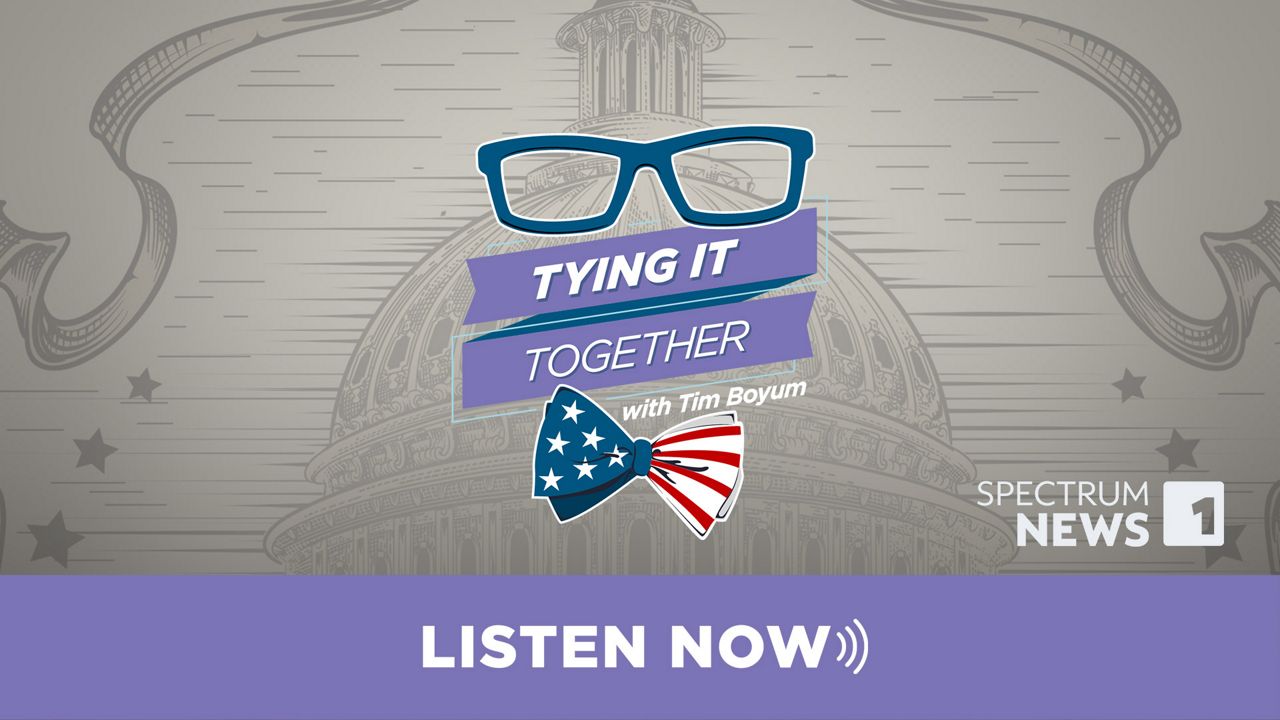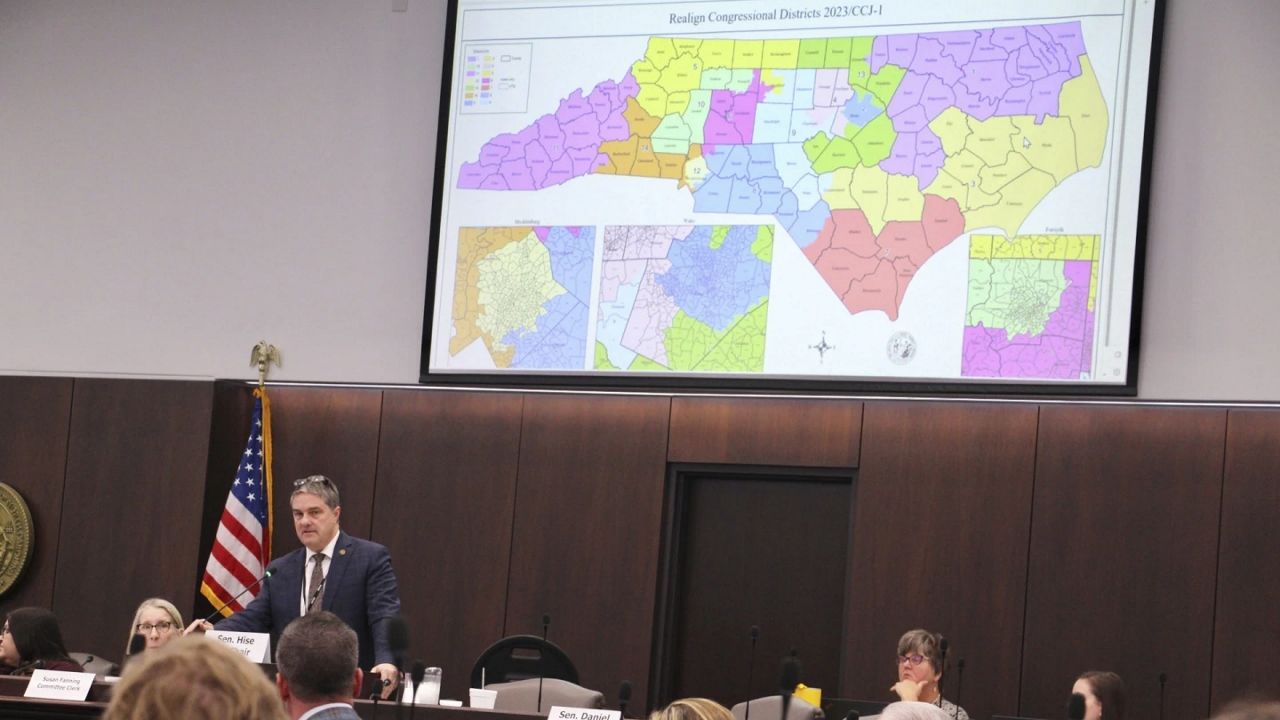The North Carolina House of Representatives unveiled its $30 billion budget last week. The budget includes raises for state employees and teachers, money for big water infrastructure projects and funding for health care.
The budget covers two years, with $29.7 billion for the next fiscal year, starting July 1, and $30.9 billion for the 2024-2025 year. The House is expected to vote on the budget as soon as next week. It will then go to the Senate.
The budget has more money and sets aside new funding for salaries, big capital projects, tax cuts and services, according to Republican leaders in the General Assembly.
The Republicans’ budget proposal is about $3 billion less than what Gov. Roy Cooper, a Democrat, proposed in his budget.
“We recognize that we are facing some uncertain headwinds,” House Speaker Tim Moore said last week, according to the Associated Press. “We would be irresponsible to spend every bit of money and not prepare for the future given these uncertain times.”
Under the Republican proposal in the House, teachers would get a 10% raise over the next two years. The governor had asked for teachers to get a raise closer to 18%.
The budget includes an extra 2% raise for school bus drivers, hoping to address bus driver shortages that have plagued school districts around the state.
Other state employees would get a 7.5% raise over the next two years. Retired state employees would see a 1% increase to their pensions.
The governor had proposed bonuses for teachers and state workers, but that was not included in the House budget.
The budget includes $2 billion for local water and sewer projects over the next two years. It has another $3.6 billion for infrastructure like roads and transportation projects.
The budget sets aside $700 million to develop new sites to help recruit new employers, similar to the Greensboro-Randolph Megasite. That’s where Toyota is working on its new electric vehicle battery plant.
The House budget proposal includes tax cuts for individuals and businesses.
North Carolina’s personal income tax is currently 4.75%. The House budget drops that to 4.6% for the next year and 4.5% the year after.
The budget proposal also cuts business franchise or privilege taxes starting in 2025. The tax is currently $1.50 per $1,000 in taxable income. The budget proposes lowering that by 10 cents a year until it is $1 after 2028.
The proposal includes a host of other tax cuts for specific industries like retirement homes, motorsports and aviation.
The budget doesn’t just include proposals on tax cuts and spending. There’s a provision that would move the State Bureau of Investigation out of the Department of Public Safety and make it an independent agency.
The head of the SBI recently said the governor tried to remove him from the post, according to the AP.
The budget proposal would block schools, local governments and colleges from requiring students and staff to get the COVID-19 vaccine.
It also blocks two of the governor’s executive orders on the environment. One of those orders was to require new trucks to be electric and the other would have had North Carolina join a regional initiative to cut greenhouse gas emissions.
There’s a lot in the budget that the governor is bound to not like. But one of Cooper’s top priorities since becoming governor is tied to his signing a new budget: Medicaid expansion. Cooper has to sign the budget for Medicaid expansion to take effect.
Cooper has tried unsuccessfully for years to get the Republican-controlled legislature to pass Medicaid expansion, which will extend health care coverage for an estimated 600,000 people in North Carolina.
North Carolina is set to receive an extra $1.6 billion from the federal government from the Medicaid expansion. Legislators say that money will go to mental health programs and treatment, though they expect to budget that money with a separate bill later in the session.
The governor has vetoed budget bills in the past. But with Medicaid expansion as part of the deal, the governor is likely to sign the budget this year no matter what else makes its way into the package.





)


